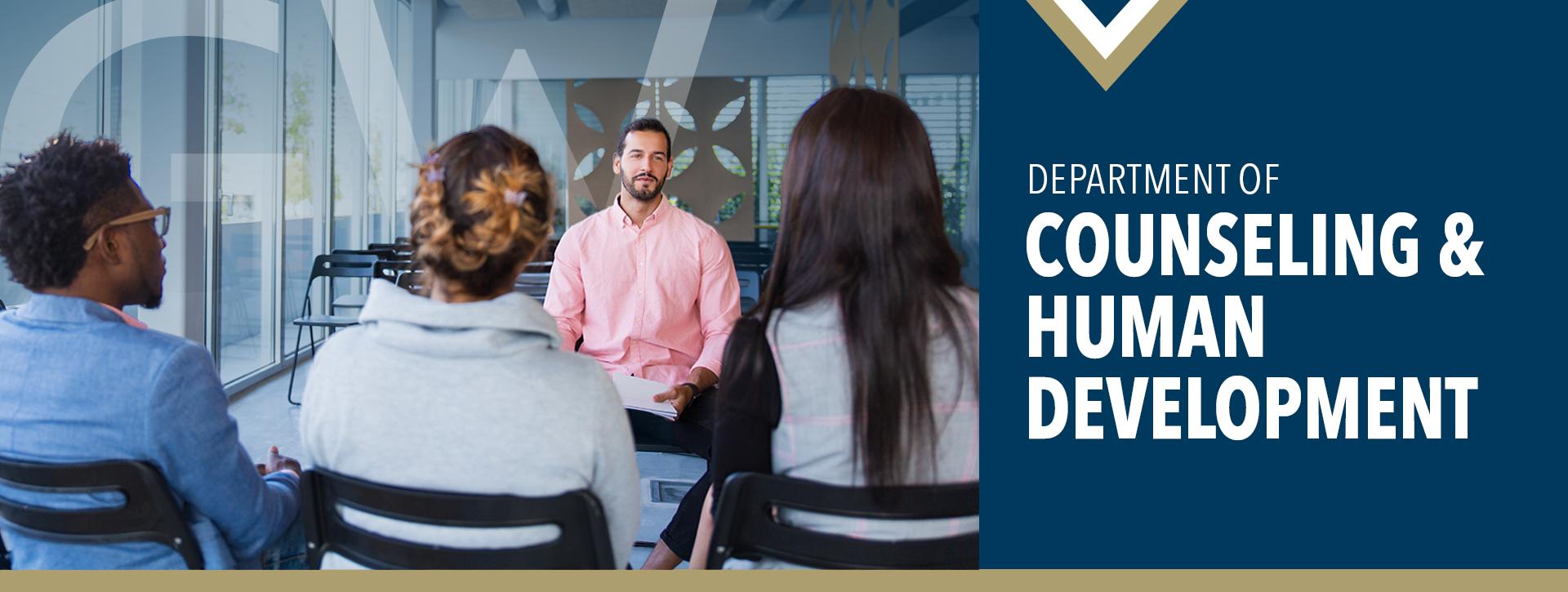Department of Counseling & Human Development
Help Navigate Life's Obstacles
The Graduate School of Education and Human Development (GSEHD) within the George Washington University will prepare you to provide critical counseling care and to become a practitioner, researcher, scholar, and leader in the profession.
Whether your goal is to work with youth, in a clinical setting, or in career development, our variety of programs that offer hands-on experience in clinical settings and a research-oriented curriculum will prepare you to offer hope and empowerment to a diverse community throughout various life transitions. Not sure which program is right for you? Our helpful guide will assist in deciding which specialization is best to meet your career goals.
Find the program that Matches Your Counseling Career Goals
Master's Degrees
- Clinical Mental Health Counseling*
Gain hands-on, practical experience, whether interning at our Community Counseling Services Center or at one of numerous other counseling settings. Prepare to enter the counseling profession in a variety of human service settings.
- Rehabilitation Counseling*
- On-Campus or Online -
Develop a clinical foundation for serving persons with disabilities facing physical, mental, emotional, or social challenges. Courses are scheduled once a week in evenings to accommodate working professionals and internships.
- School Counseling*
Learn to successfully address the social responsibility and diverse critical concerns affecting the personal, academic, and career well-being of K-12 students. Receive professional preparation to become certified as a counselor in public and private schools. Get hands-on, practical lab experience in the Community Counseling Services Center.
Doctoral Degrees
- PhD in Counseling*
Balance research with clinical experience at mental health sites to build your capacity to conduct research, publish, provide clinical services, and teach at the graduate level. Faculty bring world class expertise in trauma, human sexuality, child and adolescent development, grief and loss, substance abuse, multicultural counseling, as well as a deep knowledge of diagnosis, assessments, interventions, and treatment approaches.
Graduate Certificates
- Post-Master's Certificate in Counseling
The 12-credit hour post-masters certificate in counseling is designed to allow students who have obtained a 48-credit master's degree in counseling to gain additional credits necessary for licensure.
- Counseling and Life Transitions
Develop a range of skills that can be used to assist the community in coping with various life transitions. Students may choose to focus in one of three concentrations: Career & Workforce Development; Grief, Loss & Life Transition; or Counseling Culturally & Linguistically Diverse Persons.
Not Currently Accepting Applications
- Foundations of Rehabilitation Services
- On-Campus or Online -
Further develop your counseling abilities to effectively guide and place persons with disabilities into steady employment environments. Take advantage of specialized experiential learning opportunities. Complete a minimum of four courses needed to sit for the Certified Rehabilitation Counselor examination or to pursue eligibility criteria for licensure as a professional counselor.
The GW Advantage
Access Washington, D.C.
Take advantage of our unique location with access to opportunities with prestigious organizations, government entities, and professional associations. Combine course content with supervised, clinical experience in the metropolitan area.
Expert Faculty
Our esteemed faculty hold leadership positions in national counseling associations and can help you build networks that will last a lifetime.
Gain Credentials
Pursue credentials such as the National Certified Counselor (NCC) credential exam, the Licensed Professional Counselor credential (LPC), or the Certified Rehabilitation Counselor (CRC).
Our Commitment to Antiracism
Being anti-racist involves the internal, interpersonal, institutional, and structural commitment to confront and eliminate racism that exists in ideals and policies. In critical reflection of our individual and collective responsibilities to dismantle white supremacy and advance anti-oppressive andragogy, the CHD department is committed to anti-racist practices that:
- Address racism and discrimination directly through explicit discussion and action;
- Increase awareness of prejudice and confront its effects through the discussion of past and present racism, stereotyping and discrimination in society;
- Disrupt and dismantle the systems and structures that codify institutional racism and oppression within the department, the university, and the counseling profession;
- Disrupt and dismantle racial power inequities within the department, the university, and the counseling profession;
- Deeply challenge and hold all members of the CHD community accountable to advance their own anti-racism praxis; and
- Ensure the content and delivery of the curricula reflects this focus.
You May Be Eligible
Learn more about benefits that may apply to you, depending on the program you choose >
No Application Fees
GRE is Not Required
Scholarships Available
Resources for Current Students:
Download the following resources:
Let's Connect
- Counseling Faculty & Staff
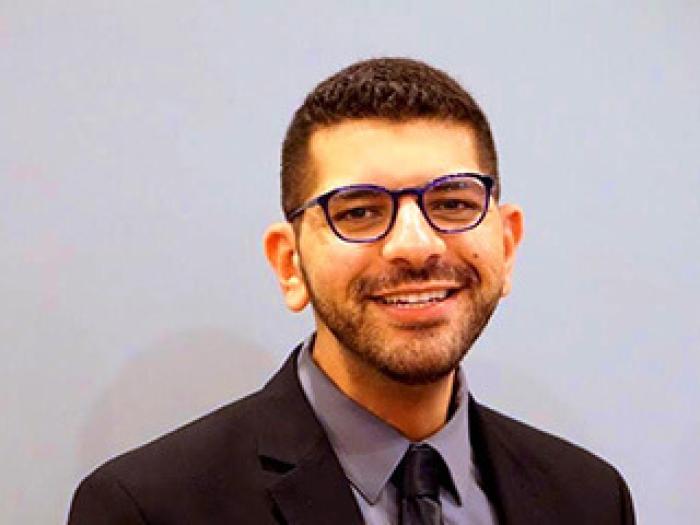 Dr. Mina Attia
Dr. Mina AttiaProgram Co-Director, Clinical Mental Health Counseling; Associate Professor, Counseling and Human Development
(202) 994-2339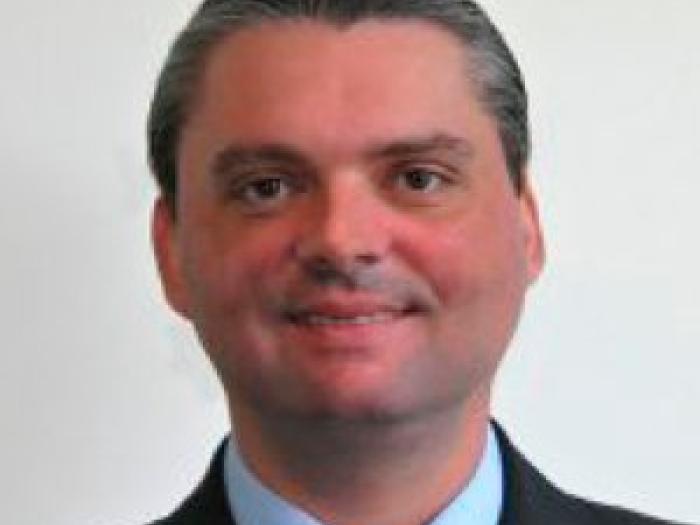
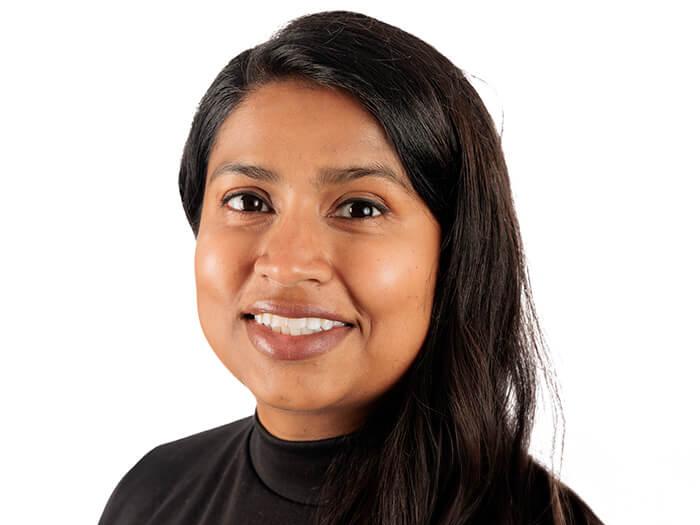 Dr. Bagmi Das
Dr. Bagmi DasProgram Co-Director, Clinical Mental Health Counseling; Associate Professor, Counseling and Human Development

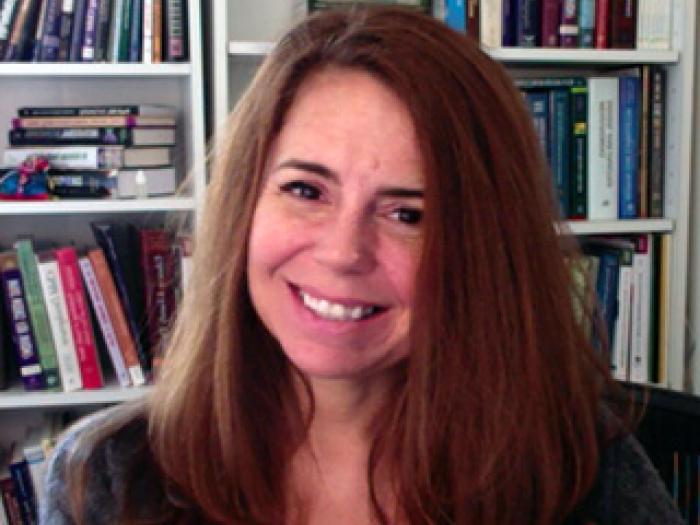
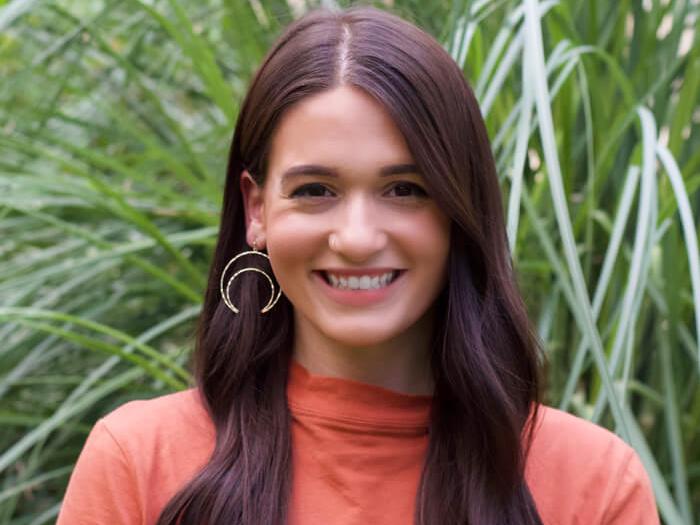 Barbara Dos Santos
Barbara Dos SantosVisiting Clinical Faculty, Department of Counseling & Human Development; Director, Community Counseling Services Center (Alexandria)
703-299-9148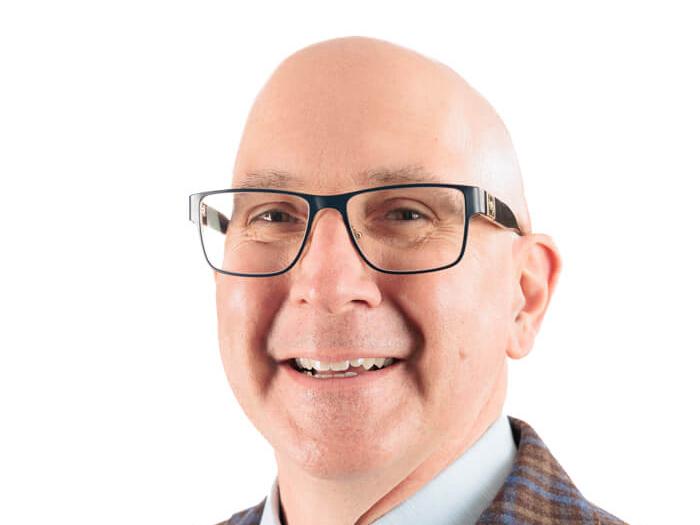 Dr. Robert J. Froehlich
Dr. Robert J. FroehlichResearch Associate Professor, Counseling and Human Development
(202) 994-7126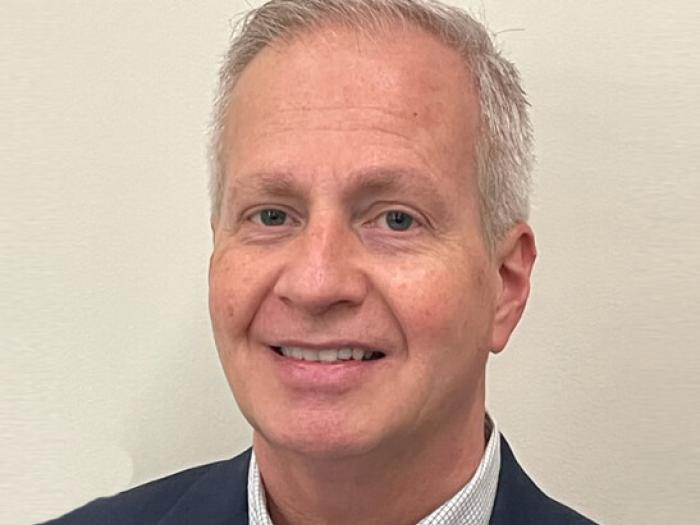
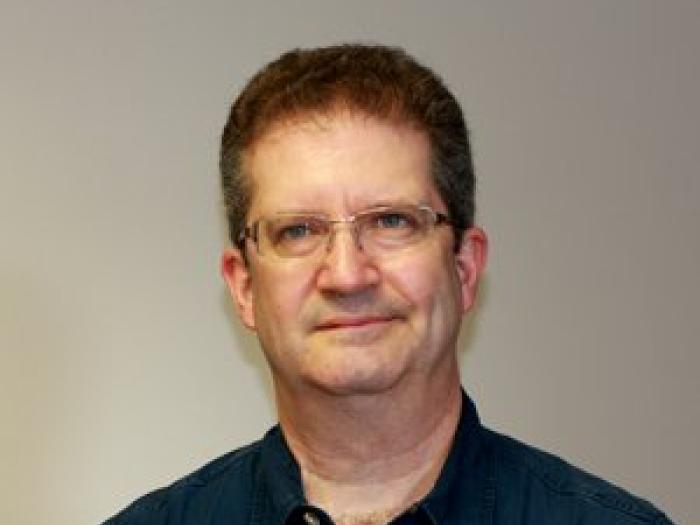 Dr. Richard Lanthier
Dr. Richard LanthierCo-Department Chair and Associate Professor, Counseling and Human Development
(202) 994-1608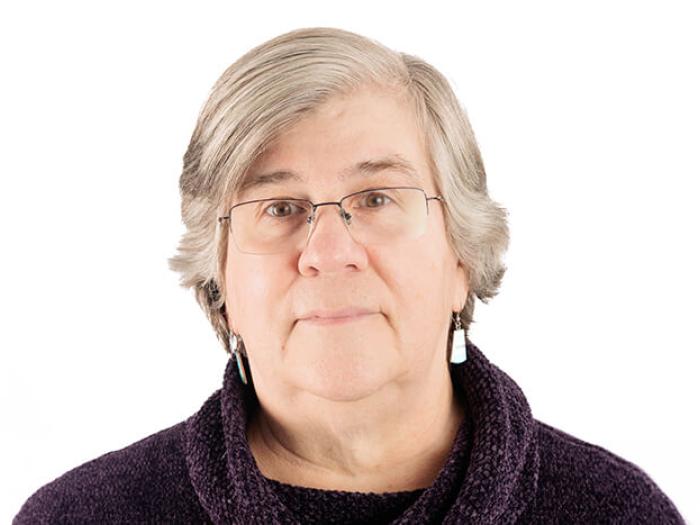 Dr. Linda McCullough
Dr. Linda McCulloughDirector, Community Counseling Services Center at Foggy Bottom; Associate Clinical Professor, Counseling and Human Development
(202) 994-6169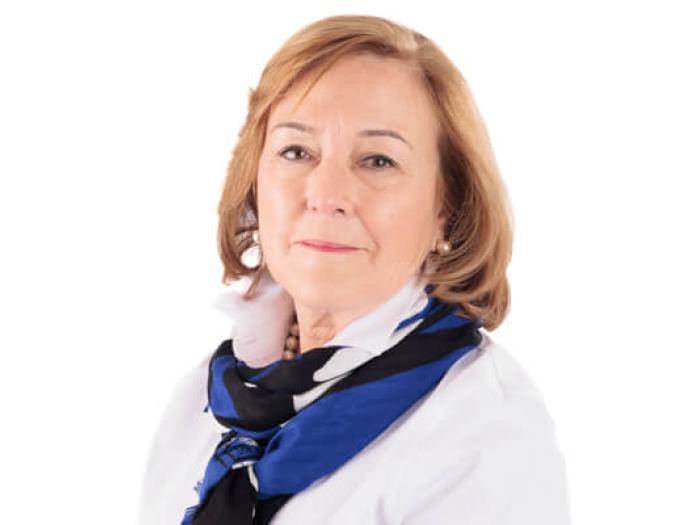
 Dr. Maggie Parker
Dr. Maggie ParkerCo-Department Chair and Associate Professor, Counseling and Human Development
(202) 994-8108
- Admissions Coach
- Image

Kai Taylor-Deak
Assistant Director of Admissions
askcounseling gwu [dot] edu (askcounseling[at]gwu[dot]edu) | 202-994-9283
gwu [dot] edu (askcounseling[at]gwu[dot]edu) | 202-994-9283


